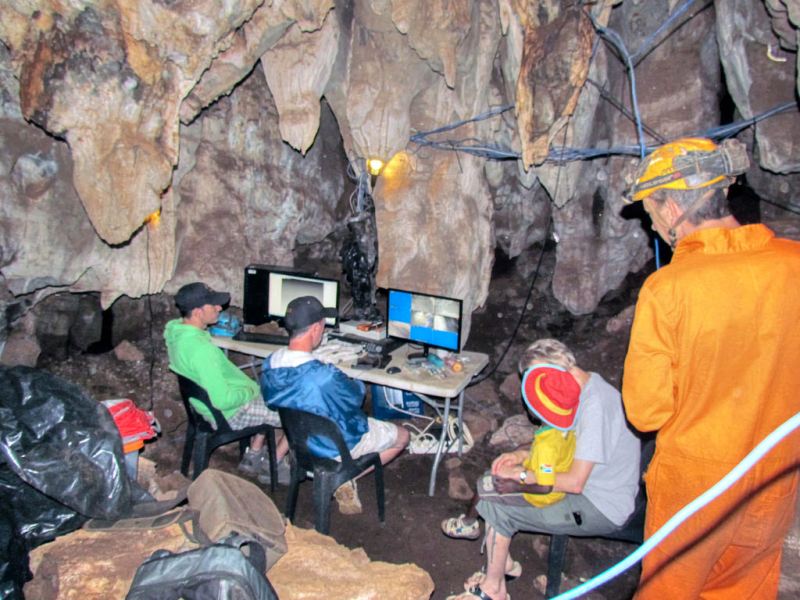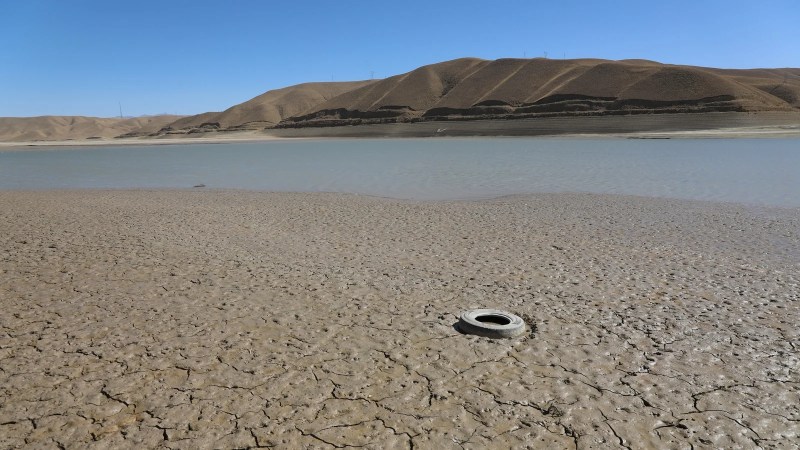South Africa Rising Stars – What is South Africa’s place in international astronomy? How does the country use its resources for public astronomy? And what mysteries do astrologers help to explain? They embark on a journey through South African astronomy with a rising star.
South Africa Rising Stars: The Most Attractive Actors Of 2024

The South African produced film ‘The Rising Star’ is now available in the ESO archive, in 4K and 8K. Rising Star: Southern Astronomy Journey takes the audience on an astronomical journey through the development and future of astronomy research in South Africa. In addition, it highlights the many outstanding facilities in the region along with some of the latest developments, including free views of the Southern African Large Telescope and the most powerful radio telescope in the Southern Hemisphere, MeerKAT.
Springboks: Siya Kolisi And Eben Etzebeth Nominated For Sa Rugby Award
“Being the first of its kind to be produced in Africa, Rising Star hopes to stimulate the production of more locally produced films from multidisciplinary fields, with the aim of popularizing Africa’s many scientific achievements,” said the South African Astronomical Observatory. .
The show, accessible to all ages, took place on 19 October 2020 at the Iziko Planetarium and Digital Dome in the heart of Cape Town, South Africa, and was supported by the South African Astronomical Observatory (SAAO) and the South African Radio Astronomy Observatory . (SARAO). South African based 360 company VR Capture was in charge of production.
The ESO Planetarium and Visitor Center is a collaboration between the European Southern Observatory (ESO) and the Heidelberg Institute for Theoretical Studies (HITS). The building is a donation from the Klaus Tschira Stiftung (KTS), a German foundation, and the facility is run by ESO.
Established in 1820, the South African Astronomical Observatory (SAAO; www.saao.ac.za) is the national center for optical and infrared astronomy in South Africa. Its main role is to carry out basic research in astronomy and astrophysics, providing a world-class science facility. SAAO also promotes astronomy and astrophysics in South Africa by conducting research and sharing findings, and by participating in extraordinary activities to excite citizens about physics and astronomy. SAAO is a facility of the National Research Foundation, which operates under the South African Department of Science and Technology. SAAO has a campus in the suburb of the eponymous observatory in Cape Town, and a dedicated research and observation station with several working telescopes (including SAL; www.salt.ac.za) outside the Karoo town of Sutherland in the Northern Cape.
New Ancient Human Species Discovered In South Africa’s Rising Star Cave
The South African Radio Astronomy Observatory (SARAO), a National Research Foundation facility, is responsible for managing all radio astronomy projects and facilities in South Africa, including the MeerKAT radio telescope in the Karoo, and geodesy and VLBI activities at the HartRAO facility. SARAO also coordinates the African Very Long Baseline Interferometry (AVN) for eight SKA partner countries in Africa, as well as South Africa’s contribution to infrastructure and engineering for the Square Kilometer Array Radio Telescope. In order to maximize the income in South Africa invested in radio astronomy, SARAO manages the program to create and research the technical capacity in radio astronomy science, the technical capacity that is necessary to support the project.







